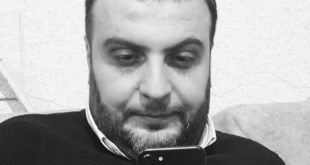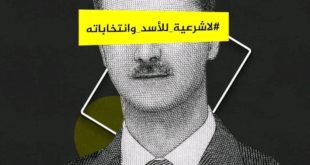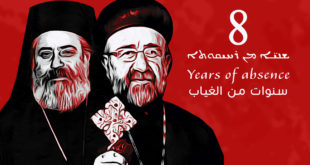Published: May 27 2011 20:21 | Last updated: May 27 2011 20:21
At least eight people were reported to have been killed by security forces in Syria as anti-government protests took place around the country for an 11th consecutive Friday.
Ministers at the G8 summit in France said that they were “appalled” by the government’s violence against protesters, although Russia insisted there were “no grounds” to refer the matter to the UN Security Council.
The crackdown on demonstrators calling for the overthrow of the regime of Bashar al-Assad, the president, has killed at least 1,000 people according to human rights groups.
As the violence shows little sign of ebbing, opponents of the regime are trying to imbue the protest movement with more organisation and are holding a meeting in Turkey next week.
“We have to create some sort of change,” said Georges Chachan, a signatory of the Damascus Declaration, a grouping of opposition activists formed in 2005. “Europe and the US need a credible [opposition] otherwise they won’t be hard on the regime, they will shut their eyes on massacres.”
But the opposition initiative already appears to be mired in confusion and division.
Radwan Ziadeh, one of the conference organisers, said he hoped members of the Syrian Muslim Brotherhood in exile would be among the 300 or so participants, but Zuhair Salim, the movement’s spokesperson, said they had not been approached, and had been planning an opposition conference of their own, also in Turkey.
The confusion reflects the disorganised nature of opposition to the Ba’athist regime of Bashar al Assad, the president. “This is the situation we face with the Syrian opposition,” said Mr Salim. “There are no real parties in Syria.”
The regime closed down the space for political activism inside Syria after an armed Islamist uprising was brutally suppressed in the early 1980s. Membership of the Muslim Brotherhood is still punishable by death.
The opposition is said to be divided on numerous issues, such as religion, ideology and whether it is acceptable to receive assistance from outside powers.
Radwan Ziadeh insists that while the post-Assad future will be under discussion, the main purpose of the conference in Turkey is “looking for ways to support people inside [Syria]”.
Analysts warn that even if they manage to attain a degree of co-operation with each other, the conference risks being seen as a sideshow unless they can demonstrate credibility with people on the ground.
“If the conference decide something and people on the ground don’t comply, what then?”, said Obeida Nahas, director of The Levant Institute, the London-based think-tank.
 Assyrian Democratic Organization ADO
Assyrian Democratic Organization ADO






